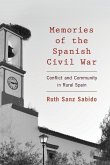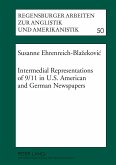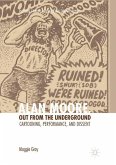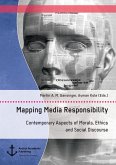
Gebundenes Buch
1st edition 2019
28. Oktober 2019
Palgrave Macmillan / Palgrave Macmillan UK / Springer Palgrave Macmillan
978-1-137-52645-8
| eBook, PDF | 105,95 € |

Broschiertes Buch
Conflict and Community in Rural Spain
9. Februar 2018
Globe Pequot Publishing Group Inc/Bloomsbury
| Gebundenes Buch | 191,99 € |
Gebundenes Buch
Conflict and Community in Rural Spain
25. Juli 2016
Globe Pequot Publishing Group Inc/Bloomsbury
eBook, PDF
15. Oktober 2019
Palgrave Macmillan UK
Ähnliche Artikel

Gebundenes Buch
14. April 2010
Peter Lang
59668

Broschiertes Buch
Cartooning, Performance, and Dissent
Softcover reprint of the original 1st ed. 2017
24. Mai 2018
Palgrave Macmillan / Springer International Publishing / Springer, Berlin
978-3-319-88260-4


Broschiertes Buch
Postcards of Moroccan Women
13. Mai 2016
LAP Lambert Academic Publishing

Gebundenes Buch
6. Mai 2011
Taylor & Francis

Gebundenes Buch
29. März 2021
Information Science Reference

Gebundenes Buch
Media and Conflict in Israel
28. September 2011
Vallentine Mitchell

Gebundenes Buch
29. März 2021
Information Science Reference

Broschiertes Buch
11. April 2017
Anchor Academic Publishing
26963

Ähnlichkeitssuche: Fact®Finder von OMIKRON
